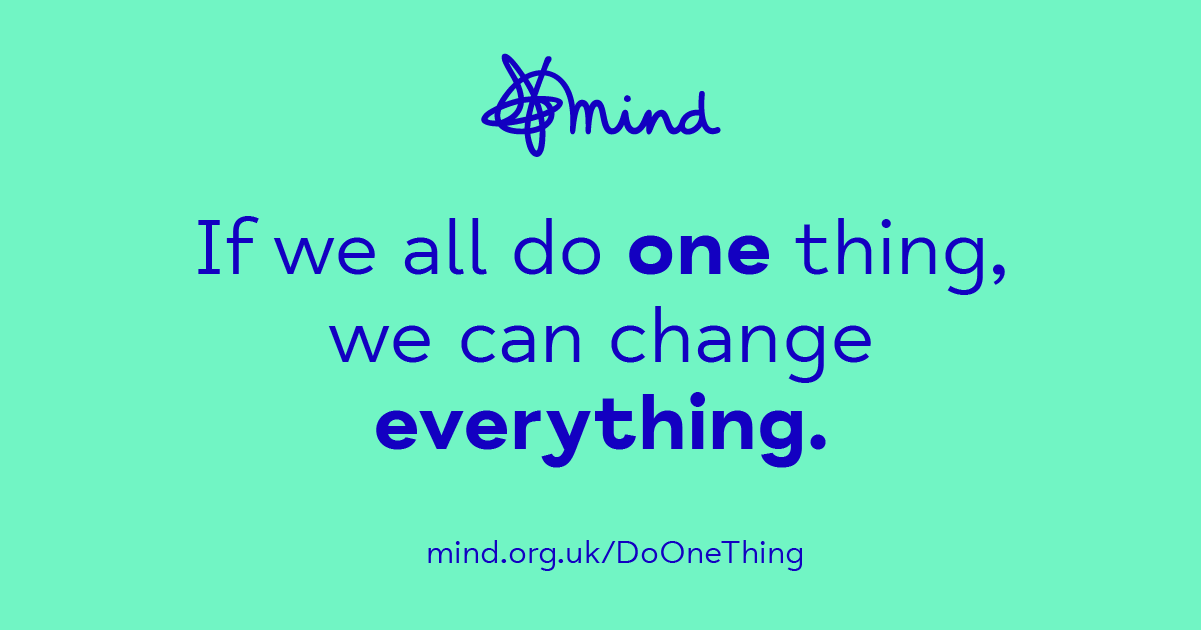LOOKING AFTER YOUR MENTAL HEALTH AND WELLBEING IN THE WORKPLACE
We can all get a bit stressed at work sometimes, when deadlines loom and our to-do lists are long, but that doesn’t mean work should affect our mental health. There are a few ways we can look after our mental wellbeing in the workplace, with small adjustments, new approaches and open conversations. Here are our 5 favourite ways to support your mental health at work
1. Set boundaries between work and playHow do you actually achieve the perfect work life balance? The key is setting boundaries. Let your team know what hours you will be available, and how best to reach you. This could be in your email signature or your slack status - and don’t forget to make use of that out of office feature. Communication is key, and if there is a regular time you can’t be contacted, for example, maybe you spend every Thursday evening with the kids, make sure your team know not to contact you unless it’s an emergency. Getting colleagues to respect your boundaries might not happen overnight, but it’s important that you respect your own, so that others will follow.
2. Switch off your work notificationsAt Avenue HQ, we understand that everybody works best in different environments. Some people like peace and quiet, while others love to have their latest playlist on high. Some people find energy from being around others in buzzing coworking spaces, whilst others like their personal space, whether that be your own dedicated office space, a comfy spot in the lobby or a table in our on-site bar and kitchen & Company. There really is a workspace to suit everyone.
3. Switch off your work notificationsA common tactic to prevent stress, but an important one. If there is one thing you take away from this blog, it’s to switch off any work-related notifications when you’re not at work. You don’t need work emails pinging through while you’re watching Netflix on the sofa. Let your team know to contact you by phone in case of an emergency, while anything else can wait till morning. Disabling notifications is one of the easiest ways to switch off after work and reclaim your ‘you time’.
4.Find out what works for youNow more than ever, people are discovering new ways of working. Whether it’s on your couch with a podcast on, in your favourite coffee shop surrounded by background noise, a cool co-working space with like-minded people or in the office alongside your team. If you’re able to, try a few different ways of working and find out what works for you. Maybe you find silence calming, or maybe you’re more productive when you’re around others, you could even find being in your own space reduces anxiety. Whatever it is, discuss this with your manager and find a compromise on how to structure your working week to best suit you and your needs.
5. Take some time for yourselfFinding time for yourself during the work day may be easier said than done, but it’s important nonetheless. Even if you just find 5 minutes for some alone time, make the most of it, and do what you want with that time to find some joy. If you had 5 minutes right now, what would you do? Go outside for a walk around the lock? Head to your favourite coffee shop? Call a friend? Maybe draw or take some cool photos? Whatever it is, try to find the time to do something for yourself each day you’re at work - take advantage of your lunch break!
5. Be transparent about mental health. We’ve come a long way in breaking down the stigma that surrounds mental health, but there’s still work to do. Mental health is just like physical health, everyone has it, and everyone can suffer from mental illness or a decline in their mental wellbeing, so let’s be more open about it. A lot of us are guilty of using an excuse such as a headache or a bad back, when in fact we might be feeling very down or anxious, so next time you need to take a break due to mental health, if you feel able to, be honest in your reasoning. Of course, this needs to come from the top down, and your workplace should make it clear that this is okay, and workers will not be penalised for doing so. We hope you find this advice useful for looking after your mental health at work, and find ways to implement these practices in your day-to-day life. Sometimes, small steps are all that is needed, and sometimes you might need an extra helping hand. Know that this is okay and looking after yourself should be a priority, not just on awareness days such as this, but every day of the year.
See below for more resources this World Mental Health Day:
https://www.mind.org.uk/get-involved/world-mental-health-day/
https://www.rethink.org/get-involved/awareness-days-and-events/world-mental-health-day/
https://www.mhm.org.uk/pages/faqs/category/helpful-resources


